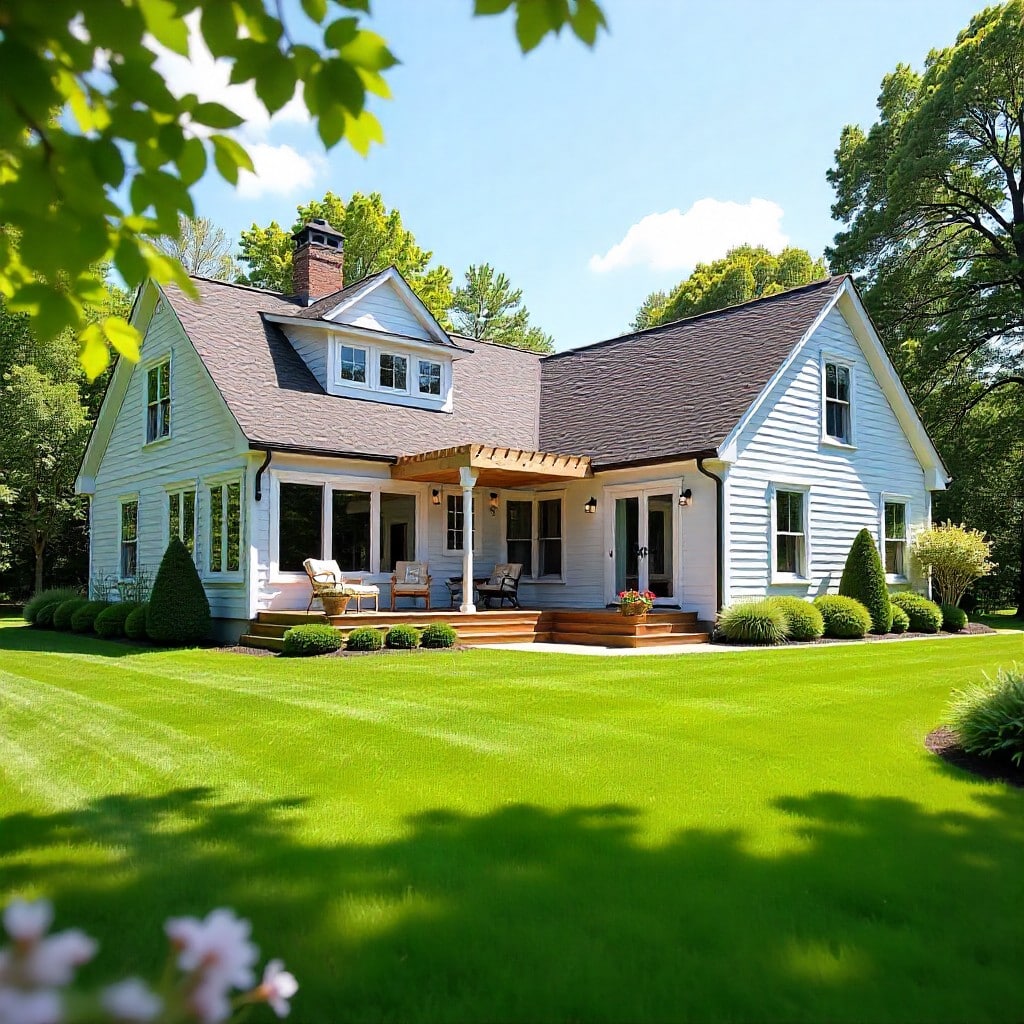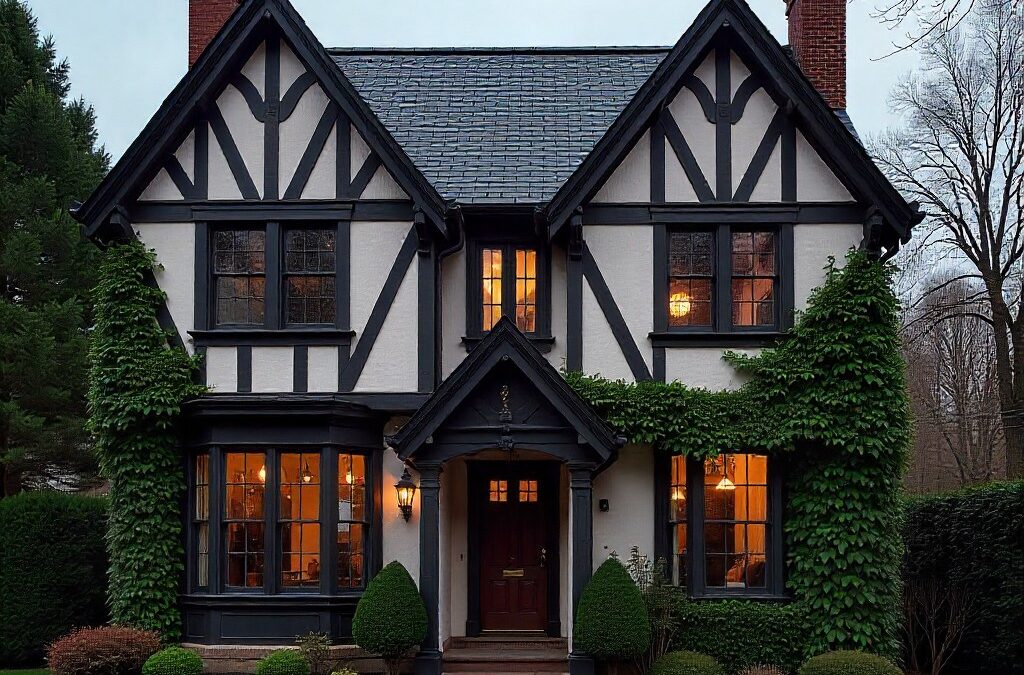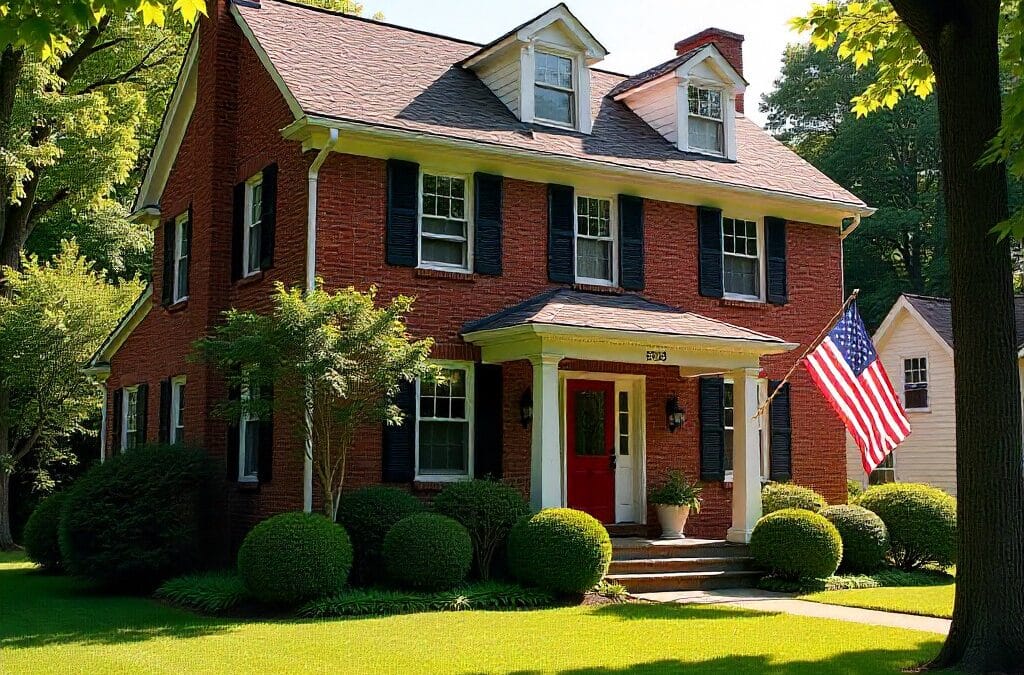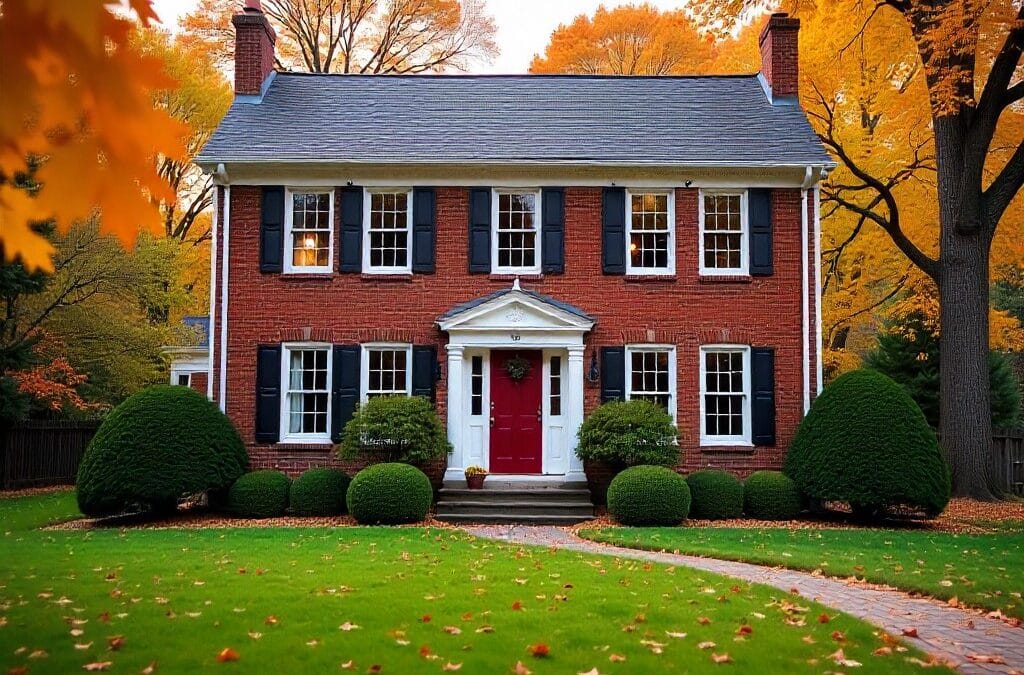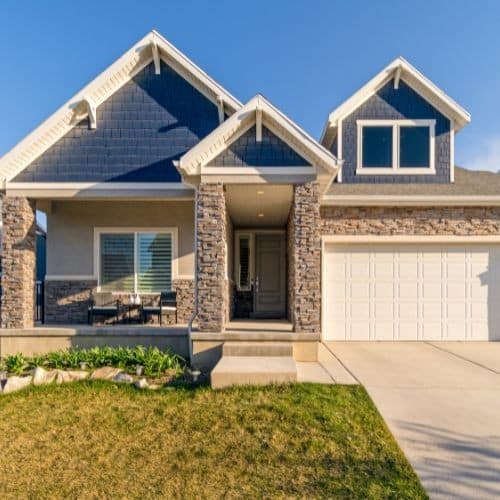The most undervalued real estate decisions in 2025 aren’t about amenities—they’re about legacy. Owning in Canterbury, Connecticut means buying into a continuum of purpose, land stewardship, and multigenerational strength.
1. A Town That Refuses to Chase Trends—Why That Matters
Real estate has become a reactive business—driven by the next big thing, the hottest zip code, the splashiest new development. But Canterbury, CT, real estate is a rejection of that short-termism. This is a town where change is deliberate, and that’s its strength. With just over 5,000 residents, Canterbury doesn’t offer high-rise condos or a rapidly gentrifying downtown. What it offers is a rare kind of spatial and cultural continuity—a characteristic that increasingly resonates with discerning buyers seeking lasting stability.
While metropolitan markets fluctuate wildly, Canterbury’s pace of growth feels intentional, not reactive. Zoning here protects large parcels and discourages overcrowding, a move that favors future equity over flashy turnover. This isn’t where you flip. It’s where you stay—and build something with meaning.
2. The Quiet Confidence Behind Houses for Sale in Canterbury, CT
Inventory in Canterbury moves slowly—and that’s not a drawback, it’s a signal. It means homes aren’t churned through speculation. Properties are held longer, and when they do go up for sale, they often come with extensive land, mature hardwoods, and centuries-old stone boundaries. A buyer exploring houses for sale in Canterbury, CT isn’t chasing square footage. They’re seeking autonomy—space to garden, to breathe, to create without constant HOA surveillance.
Equally notable is the architecture. From 19th-century farmhouses to tastefully updated colonials, homes in Canterbury tend to eschew excess. They’re built for endurance—functionally and aesthetically. There’s a reverence for proportion here, and a subtle understanding that bigger isn’t always better if it compromises ecological or communal balance.
3. Equity, Not Ephemera: The Long Game of Rural Property Investment
It’s easy to think of rural markets as the second choice—the consolation prize after bidding wars in New Haven or Providence. But that overlooks what’s actually happening in northeast Connecticut: a recalibration of what holds long-term value.
Rural real estate in places like Canterbury performs best under pressure. During economic downturns, properties with large land footprints and low holding costs tend to appreciate more slowly but decline far less. Why? Because they aren’t driven by investor speculation or luxury volatility. They’re driven by necessity and lifestyle quality—two forces that only gain traction as national affordability wanes.
For institutional buyers or multigenerational families looking to anchor wealth in tangible assets, Canterbury, CT, real estate represents something no city penthouse can match: the freedom of self-sufficiency. From solar upgrades to well water systems, these properties offer autonomy—and that’s a premium feature in a world of uncertainty.
4. Who’s Really Moving In? A Look at Demographic Intelligence
Forget the myth of rural aging and decline. In fact, younger families—especially those priced out of larger metros—are beginning to populate towns like Canterbury. Many bring remote work with them, rebalancing the age mix and injecting energy into local school systems and businesses.
We’ve also seen a subtle increase in out-of-state investors—individuals purchasing second homes as a hedge against urban market unpredictability. They’re not buying for Airbnb cash flow; they’re buying to hold, to escape, or to invest in land they can meaningfully improve over time.
The buyer profile in Canterbury is changing, yes. But not in ways that erode the town’s core identity. If anything, it’s evolving in a direction that reinforces the local ethos: independence, conservation, and slow, smart growth.
5. Recession-Resistant Value in a Post-Boom World
In the last five years, we’ve seen housing markets whiplash—pandemic highs followed by interest-rate lows and affordability crises. Amid all this, Canterbury hasn’t collapsed or boomed—it’s persisted. That alone makes it strategically interesting.
When you assess houses for sale in Canterbury, CT, you’re not just comparing comps. You’re evaluating hedges against volatility. The stability here doesn’t come from investor interest—it comes from intrinsic quality: excellent school systems, low crime, and regional access without urban headaches. It’s the kind of place that won’t be the first to spike in a bull market—but it won’t be the first to fall either.
If the last housing cycle taught us anything, it’s this: durability matters more than velocity.
6. Rewind: Relearning the Value of Slow-Growing Soil
For all our talk about innovation and disruption, the most revolutionary idea in real estate right now might be patience. Canterbury, CT, real estate isn’t about flipping fast or buying buzz—it’s about anchoring to something durable. In a world chasing speed, Canterbury offers space.
That’s not nostalgia. That’s strategy.
The smartest investors of this decade will be those who understand what grows slow, lasts longest—and who recognize that some of the most promising futures are built not on skyline views, but on soil with memory.


